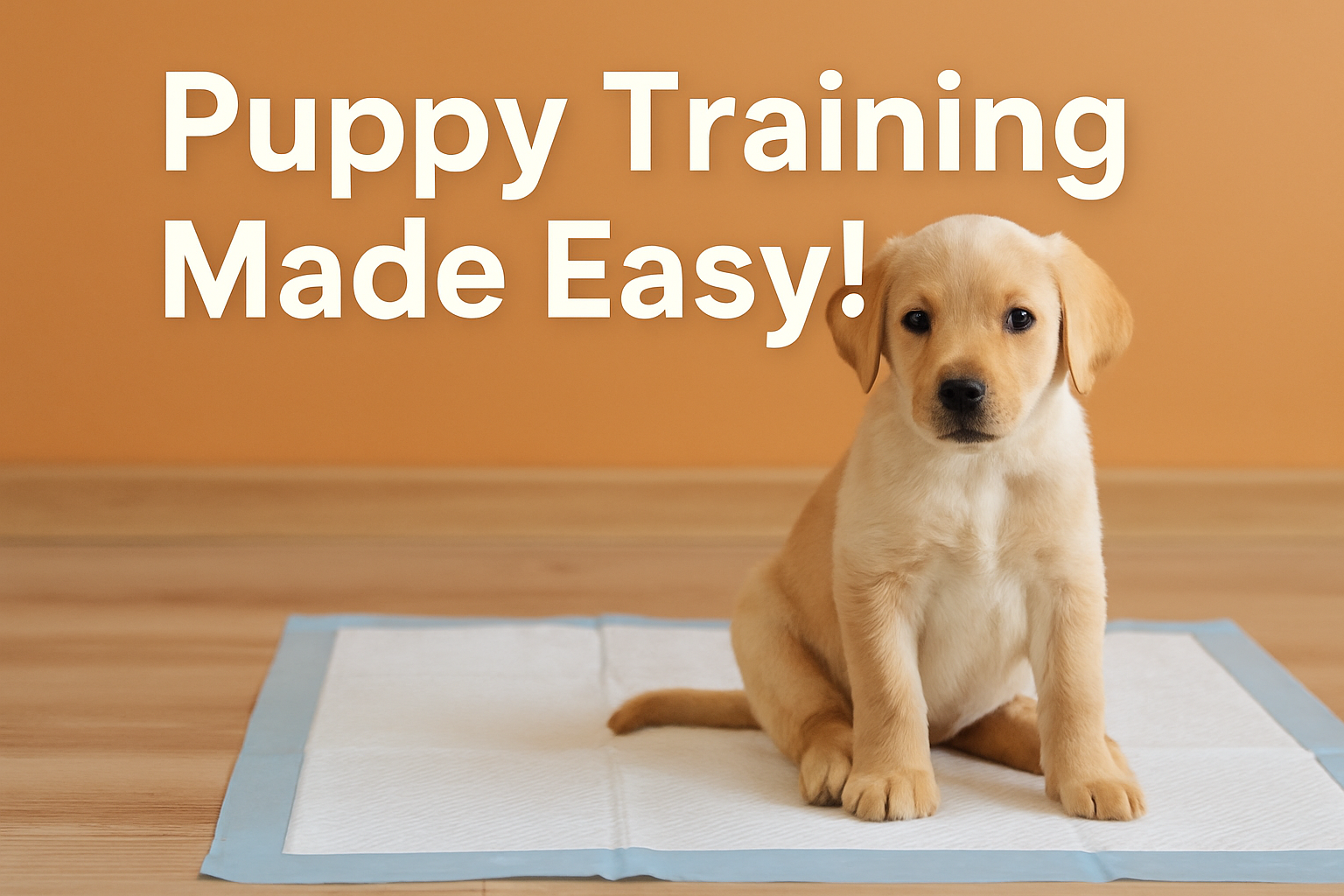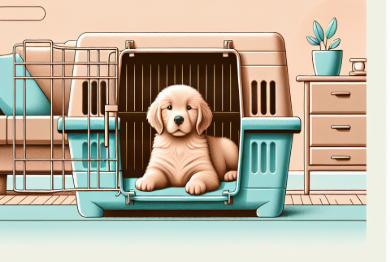What Are Puppy Training Pads?
Puppy training pads are essential tools for new pet parents. Designed as a designated indoor potty spot, these pads make housetraining a lot easier, especially for those living in apartments or homes without quick outdoor access. They help keep messes contained and your home clean while your pup learns the ropes.
Fun Fact: According to dog trainer Victoria Stilwell, “Consistency is key when it comes to training your puppy.” A consistent potty spot, like a puppy pad, reinforces good habits early on!
Types of Puppy Training Pads
Not all puppy pads are created equal. Choosing the right one depends on your needs and your puppy’s behavior.
Disposable Puppy Pads
Convenient and hassle-free, disposable pads are perfect for busy households. They’re highly absorbent and easy to throw away after use. However, they’re less eco-friendly and can add up in cost over time.
Washable Puppy Pads
Eco-conscious owners might prefer washable pads. Made from durable, machine-washable materials, they save money in the long run and reduce landfill waste. Perfect if you’re committed to green living!
Gel-Filled vs. Basic Absorbency Pads
Gel-filled pads offer maximum absorbency and odor control, ideal for overnight use. Basic pads work great for daytime training sessions with more advanced puppies.
Key Features to Look for in Puppy Pads
Absorbency
The higher the absorbency, the better. Look for multi-layer designs that trap moisture and prevent leaks.
Size and Coverage
Small puppies need smaller pads, while larger breeds or energetic pups may require extra-large coverage. Always size up if in doubt!
Odor Control
Look for pads infused with odor-neutralizing agents. Some even have baking soda or activated charcoal to keep smells in check — crucial for apartment living!
Material and Eco-Friendliness
Choose non-toxic, biodegradable pads if you’re concerned about your puppy’s health and the environment.
Durability and Leak-Proof Layers
Strong, tear-resistant layers prevent accidents from seeping onto floors, making cleanup a breeze.
Top Picks: Best Puppy Training Pads
Wee-Wee Puppy Training Pads
Why We Love Them: Five-layer protection, rapid absorption, and great odor control. These pads are a lifesaver for first-time pet owners. Downsides? They’re disposable, which isn’t ideal for eco-warriors.
Rocket & Rex Washable Puppy Pads
Eco Friendly Choice! Rocket & Rex offers reusable, high-absorbency pads with non-slip backing. They cost more upfront but save you money (and guilt) over time.
Hartz Home Protection Odor Eliminating Pads
Best for Odor Control: Flash-dry technology and a gel center trap smells fast, making them perfect for indoor-only pets or shared living spaces.
Tips for Successful Puppy Pad Training
- Placement: Always place pads near where your puppy usually plays or sleeps.
- Positive Reinforcement: Reward your puppy with treats and praise when they use the pad correctly.
- Gradual Transition: Move pads closer to the door daily to prepare your puppy for outdoor potty breaks.
“The goal is to build confidence and a clear routine for your puppy,” says professional dog trainer Zak George.
FAQs About Puppy Training Pads
How often should puppy pads be changed?
Ideally, change the pad after every use. For young puppies, that might mean 2–4 times per day.
Can adult dogs use puppy pads?
Yes! Especially helpful for senior dogs, injured pets, or those living in high-rise apartments.
Are there alternatives to traditional puppy pads?
Absolutely. Indoor grass patches and dog litter boxes can offer more natural alternatives, easing outdoor transitions later.
What if my puppy refuses to use the pad?
Try a different brand, relocate the pad, or use training sprays that encourage your puppy to go where you want. Consistency and patience are key!
Can using puppy pads cause setbacks in housetraining?
It can if not transitioned correctly. Reduce pad use slowly while reinforcing outdoor bathroom breaks with big rewards!
How do I stop my puppy from chewing on the pads?
Offer plenty of chew toys, supervise closely, and use bitter deterrent sprays if necessary. Puppies chew out of boredom — give them better options!








